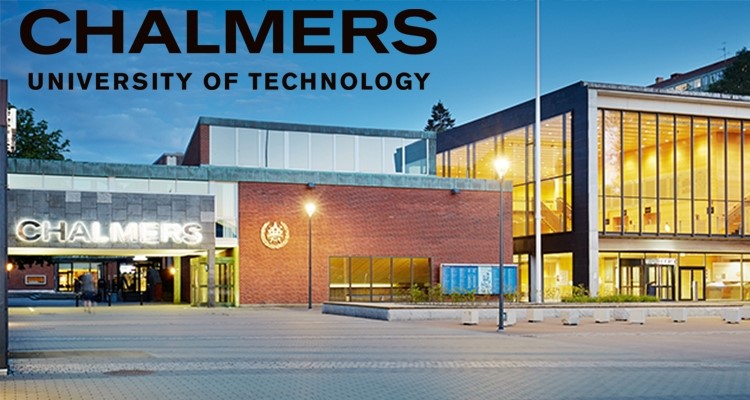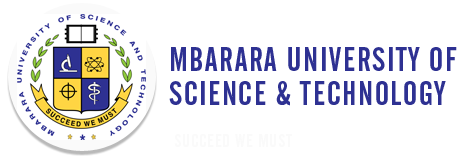
Sweden-East Africa University Network (SWEAFUN)
Summary.
The Sweden-East Africa University Network (SWEAFUN) is a strategic joint initiative between Chalmers University of Technology and partner Universities in East Africa including: Mbarara University, Makerere University, Jaramogi Oginga Odinga University of Science and Technology, University of Nairobi, Sokoine University of Agriculture, Addis Ababa University, Eduardo Mondlane University, University of Rwanda, Nelson Mandela and African Institution led by Global Sustainable Futures. SWEAFUN has received funding from STINT, The Swedish Foundation for International Cooperation in Research and Higher Education. This grant enabled a jumpstart for four thematic working groups working around Food and Nutritional Health, Sustainable Energy Innovations, Air Quality and Transport, and Data Driven ICT.
Introduction
Sweden East-Africa University Network (SWEAFUN) is a strategic joint initiative from Chalmers University of Technology (Chalmers) and partner universities in East Africa to increase collaboration and develop knowledge promoting global sustainable development. It offers novel opportunities to pursue research, training and utilization in the realm of sustainability through collaboration with partners in low-and middle-income countries (LMICs), an expressed priority of Chalmers. The goal of SWEAFUN is to establish a base for strategic collaboration and to kick-start activities in selected areas. Universities have a unique role to play in global sustainable development. Today´s highly complex challenges call for intensified collaboration across countries, universities, and disciplines. Engineering sciences have an inherent problem-solving character and thus great potential to address such challenges. With sustainability as the main focus of its vision, Chalmers has multiple activities aimed at sustainable development, some of which also involve collaborations with LMICs. At present, such collaboration is largely uncoordinated making it difficult to take advantage of opportunities for higher-level cooperation and synergy. There is thus an apparent need to connect the various initiatives in order to promote efficient exchange and to provide continuity in partnerships with LMICs. Responding to this need, SWEAFUN brings together researchers, teachers, and management of partner universities to build new equitable partnerships with sustainability as common goal.
The project takes a broad approach to Agenda 2030 as it addresses SDG 17, which promotes strong partnerships and combines this with the geographic scope of East Africa – a region of strategic importance for Chalmers. Chalmers’ long tradition of successful international partnerships involves rather few universities in LMICs. As East African economies and populations undergo rapid growth, Chalmers intends to seize on common interests to establish partnerships that support sustainability aspects of this development. Equitable and coordinated, these partnerships should benefit both parties with rich opportunities to mutual learning and innovation.
We focus on the change that we as universities can bring and the impact we can make in changing the international collaboration landscape – making a foot print larger than grant-to-grant, researcher-to-researcher, teacher-to-teacher, department-to-department, or even university-to-university collaborations can make. By building strategic partnerships, we contribute not only to SDG 17 but to all SDGs (since they are all inter-linked) as well as to sustainability beyond 2030.
SWEAFUN is based on ongoing collaborations and interests among researchers, teachers and departments. We believe that proper anchoring of strategic initiatives at researcher or teacher level, is key to successful and lasting collaboration. SWEAFUN includes actions to promote, coordinate and strengthen ongoing activities. By exploiting synergies, it will build a solid foundation of mutually beneficial and long-lasting partnerships and collaboration. The ambition is to produce tangible outcomes that benefit Chalmers and its East African partner universities as well as society at large by contributing to attaining Agenda 2030 and addressing sustainability challenges beyond 2030. Other strategic initiatives at Chalmers, such as the East Africa Initiative and the collaboration platform Global Sustainable Futures (joint with University of Gothenburg), will also benefit from SWEAFUN.
Participating East African Countries
- Mbarara University of Science and Technology, Uganda
- Makerere University, Uganda
- Jaramogi Oginga Odinga University of Science and Technology, Kenya
- University of Nairobi, Kenya
- Sokoine University of Agriculture, Tanzania
- Nelson Mandela African Institution, Tanzania
- University of Rwanda, Rwanda
- Addis Ababa University, Ethiopia
- Eduardo Mondlane University, Mozambique
Thematic working groups
- Food and Nutritional Health
- Sustainable Energy Innovations
- Air Quality and Transport
- Data Driven ICT
- Drinking Water Health Assessment
Expected outcomes
- Enhanced and equitable collaboration in research and education
- Increased exchange of researchers, students and teachers
- Increased cross- and multi-disciplinary collaboration within and between thematic working groups
- Increased number of joint publications and grant applications from Swedish-East African researchers
- A strategic base for knowledge development and transformative change for sustainable development
- New science-based knowledge of high relevance to sustainable development
- A solid network for researchers to facilitate future collaboration activities among the partners and of potential benefit also to other universities in Sweden and the East African region
- Increased attractiveness of the universities regarding education, research and utilization
- Mutual appreciation of East African and Swedish cultures, sustainability challenges and university systems etc.
Principle Investigator (PI) Mbarara University of Science and Technology
Adones Rukundo
